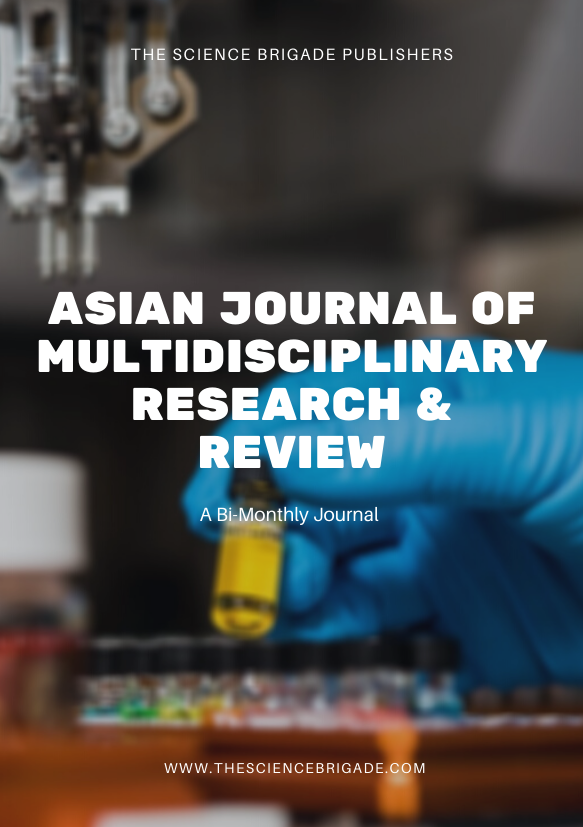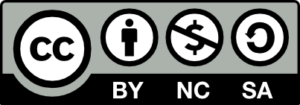This study evaluated the effectiveness of a depression literacy program on depression literacy, mental health stigma, and help-seeking attitude among adolescents with a monthly household income of RM3900 a month or less (B40) in Malaysia. The program included a lecture, mental awareness activities, and a short video on depression. Residents from a boarding school for lower income families were involved in this study (N = 101); 53 of them underwent the program and another 48 served as the control group. There were significant improvements for all variables in the intervention group (better depression literacy, reduced self-stigma, reduced negative beliefs on mental health, and increased help-seeking) at posttest. However, the results were sustained at 3-month follow-up only for the depression literacy, mental help-seeking attitude, and self-stigma of seeking help variables when compared with the control group. The findings highlight the need to improve the program to enhance the effectiveness and sustainability of the outcomes.
Depression Literacy Program of Stigma and Mental Help-Seeking Among Teens and Youth in Malaysia: A Control Group Study
Publication Information
Journal Title: Asian Journal of Multidisciplinary Research & Review
Author(s): Dr. Norhayati Ibrahim, A’isyah Mohd Safien, Dr. Wong Jest Phia and Dr. Suzana Shahar
Published On: 29/02/2024
Volume: 5
Issue: 1
First Page: 173
Last Page: 183
ISSN: 2582-8088
Publisher: The Law Brigade Publisher
Cite this Article
Dr. Norhayati Ibrahim, A’isyah Mohd Safien, Dr. Wong Jest Phia and Dr. Suzana Shahar, Depression Literacy Program of Stigma and Mental Help-Seeking Among Teens and Youth in Malaysia: A Control Group Study , Volume 5 Issue 1, Asian Journal of Multidisciplinary Research & Review, 173-183, Published on 29/02/2024, 10.55662/AJMRR.2024.5105 Available at https://ajmrr.thelawbrigade.com/article/depression-literacy-program-of-stigma-and-mental-help-seeking-among-teens-and-youth-in-malaysia-a-control-group-study/
Abstract
Share this research
Latest Publications

License Information
Copyright © [hfe_current_year]
Dr. Norhayati Ibrahim, A’isyah Mohd Safien, Dr. Wong Jest Phia and Dr. Suzana Shahar

Ownership and Licensing:
Authors of this research paper submitted to the Journal of Science & Technology retain the copyright of their work while granting the journal certain rights. Authors maintain ownership of the copyright and have granted the journal a right of first publication. Simultaneously, authors agreed to license their research papers under the Creative Commons Attribution-NonCommercial-ShareAlike 4.0 International (CC BY-NC-SA 4.0) License.
License Permissions:
Under the CC BY-NC-SA 4.0 License, others are permitted to share and adapt the work, as long as proper attribution is given to the authors and acknowledgement is made of the initial publication in the Journal of Science & Technology. This license allows for the broad dissemination and utilization of research papers.
Additional Distribution Arrangements:
Authors are free to enter into separate contractual arrangements for the non-exclusive distribution of the journal’s published version of the work. This may include posting the work to institutional repositories, publishing it in journals or books, or other forms of dissemination. In such cases, authors are requested to acknowledge the initial publication of the work in the Journal of Science & Technology.
Online Posting:
Authors are encouraged to share their work online, including in institutional repositories, disciplinary repositories, or on their personal websites. This permission applies both prior to and during the submission process to the Journal of Science & Technology. Online sharing enhances the visibility and accessibility of the research papers.
Responsibility and Liability:
Authors are responsible for ensuring that their research papers do not infringe upon the copyright, privacy, or other rights of any third party. The Journal of Science & Technology and The Science Brigade Publishers disclaim any liability or responsibility for any copyright infringement or violation of third-party rights in the research papers.




